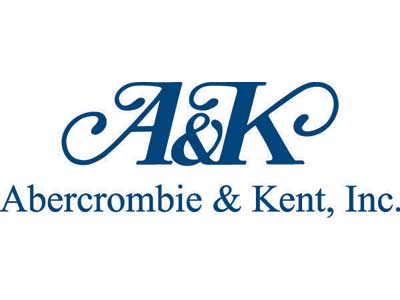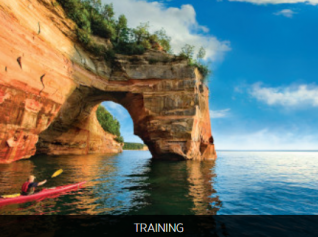Comment: Big travel brands are losing out online

David Burgess, SEO consultant from Ayima and author of the SEO – Travel Industry Review of 2012, looks at how to improve your online traffic and bottom line.
The best-known companies are being out-performed by the more nimble aggregators and price comparison websites in internet searches. Ayima has recently published our SEO – Travel Industry Review of 2012, a report highlighting the decline in performance of major brands in Organic Search in the travel and hotel sectors. Organic Search is when websites are listed according to their relevance to the search rather than due to advertising.
Within the data set, a number of the websites have performed very well over the past months. In the hotel sector, the big winners in the US have been Choice Hotels and Marriott groups. In comparison, in the UK, none of the major hotel chain brands saw an increase in the Traffic Score metric, indicating that their presence in Organic Search has declined. Travelodge in particular has seemingly suffered the biggest slide in the UK market.
In the flights sector, the major winner in the UK has been Ryanair. Similarly the trend is matched across the Atlantic with US budget airline South West seeing strong growth since October 2011.
Some crucial activities we recommend for all clients, especially those whose websites have undergone updates, Content Management System upgrades or migrating to a new platform over a period of time, is link re-acquisition. In many instances there are hidden gems. Links passing huge value and authority into the ether. Tracking down those links pointing to archived URLs or pages that return errors and reaching out to those sites to get them to change the links is an incredibly valuable exercise.
In some instances you won’t be able to get the links changed so you can look to redirect the old pages in an SEO friendly manner to recoup the value. Modifying the location of an existing link is also a much easier ‘sell’ than trying to get a new site to add a link to you. The success rate of link re-acquisition is magnified greatly by using a branded, corporate email, sent from the domain of the company in question, rather than sending emails from a personal, non-work account such as a Gmail address. It has a great deal more perceived authority and credence.
Another worthwhile activity to maximise the value of your existing profile on the web is to carry out citation analysis and conversion. In short, this means finding all the places on the web where your company has been mentioned but not linked to.
You then try to convert the citation to a link by reaching out to the website owner.
You can find these citations yourself by copying the query below, pasting it into your Google search box, replacing the placeholder details with your company URL and brand name where appropriate. You then hit search.
Google Citation Discovery Query
-link:http://www.yoursite.com/ -site:www.yoursite.com "Brand Name"
You can then browse through the sites to see where your relevant citations of your brand appear. In order then to prioritise the list of citations you find, you can look at the PageRank score of each URL, or the general authority of the website where you find the citation. It is always worth contacting the most authoritative websites first.
A useful tip when contacting website owners is to avoid being overtly ‘salesy’ and a personal approach. Find the name of the site owner and use that in your email. Politely then ask that the citation of your brand name is accompanied with a link to your website.
Once again, you can then prioritize the citations based on standard Search Engine Optimisation (SEO) metrics such as PageRank and the number of root linking domains. You then have a targeted list to begin outreach to convert the citations to links.
Any business owner or product manager will know that your website needs to be updated and developed over time. The crucial piece from an SEO perspective is to factor SEO in at the very core of these re-developments. Many companies consider SEO as an after thought and try to retrospectively fit best practice SEO once a new site has been released.
By that point, the horse has very much bolted. Search Engines will have indexed errors, and crucial equity will have been haemorrhaged. Your in-house SEO team or your agency should be engaged at the very first project-scoping meeting.
A successful, SEO friendly migration should result in you seeing positive changes in your traffic graph and in turn, on your bottom line.
The SEO-Travel Industry Review 2012 can be found here.
 United Kingdom
United Kingdom United States
United States Asia Pacific
Asia Pacific












































EU airports bring back 100ml liquid rule
British Airways passengers endure 11-hour 'flight to nowhere'
CLIA: Anti-cruise demos could cause itinerary changes in Europe
Co-pilot faints, easyJet flight issues ‘red alert’
Gatwick braces for strike